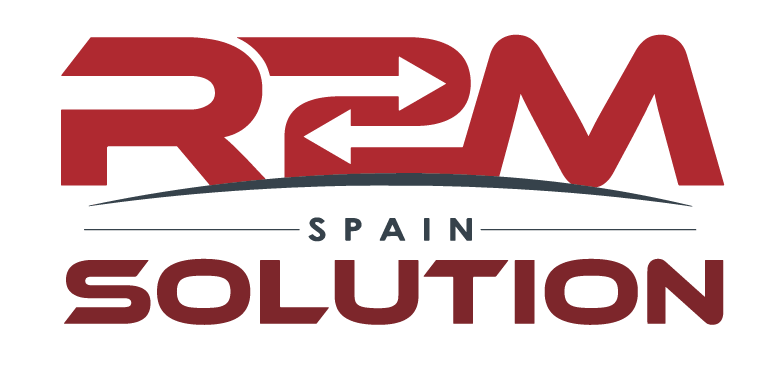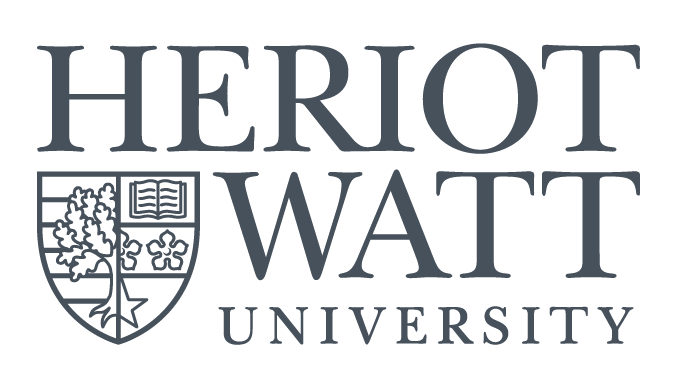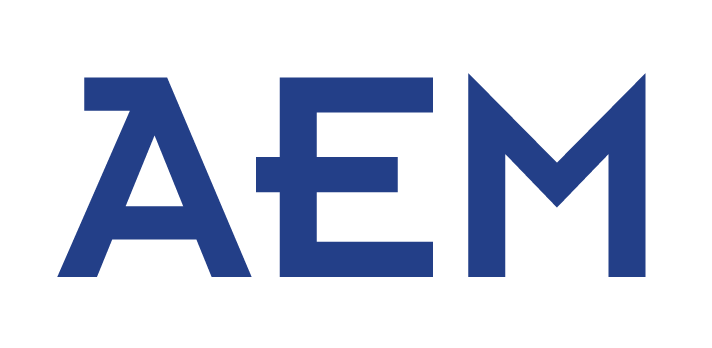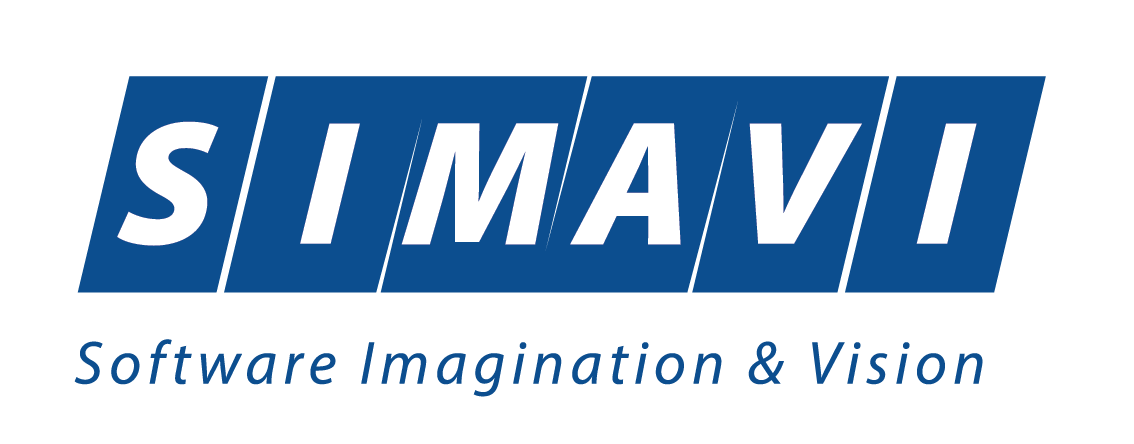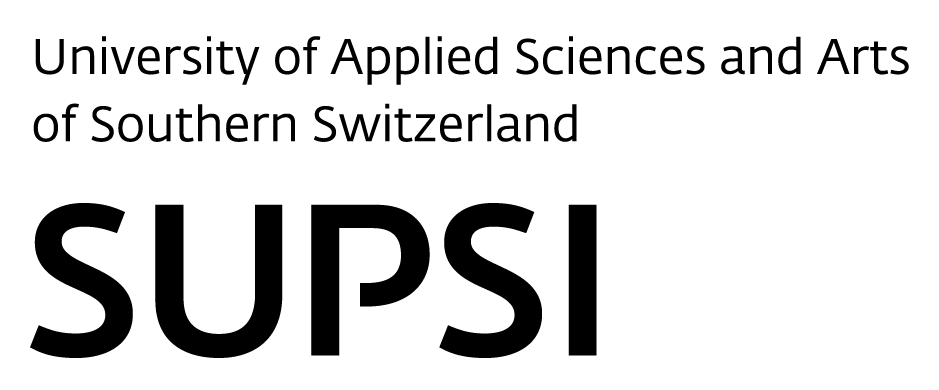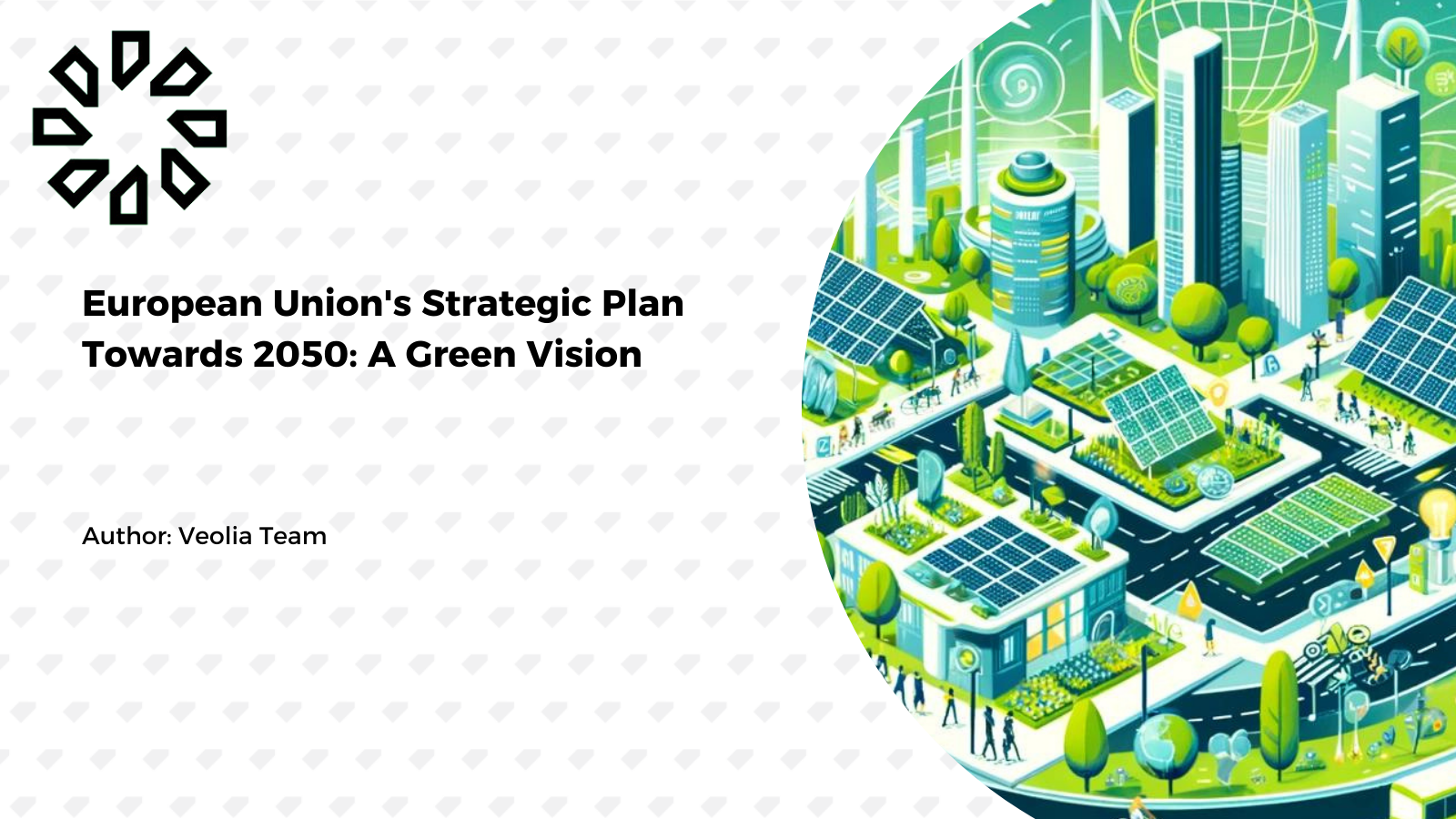The European Union has established a strategic plan aiming towards the year 2050. That is, the EU has set the objective of having an economy with zero net emissions of greenhouse gases. To achieve this goal, a series of challenges and solutions in energy transition have been outlined, which we enumerate below:
- Reducing Greenhouse Gas Emissions and Global Warming: The first challenge is to reduce greenhouse gas emissions and curb global warming. This entails adopting bold measures to limit emissions from key sectors such as industry, transportation, and energy generation.
- Ensuring Energy Supply: Ensuring a stable and sustainable energy supply is crucial in the transition to a decarbonized economy. This involves diversifying energy sources and promoting energy autonomy through the implementation of renewable technologies and advanced storage systems.
- Reducing Energy Consumption: Another fundamental pillar of the energy transition is reducing energy consumption. This is achieved through the implementation of energy efficiency measures in buildings, industries, and processes, as well as promoting practices of responsible and sustainable consumption.
- Promoting Electric Self-Consumption: Encouraging electric self-consumption is a key strategy to decentralize the energy system and promote distributed generation. This allows users to generate and consume their own energy, reducing dependence on conventional sources and promoting the use of renewable energies.
Spanish Government’s Response: Ley de cambio climático y transición energética
To comply with the Paris Agreement of 2015 and achieve a fair and uniform electrical change in Spain, the Spanish government passed the Law on Climate Change and Energy Transition. This law outlines measures and public policies to combat climate change, including:
- A plan for energy efficiency, the use of renewable energies, and the rehabilitation of buildings to improve energy efficiency.
- Research in the exploitation of hydrocarbons and limiting permits for the exploitation of radioactive minerals.
- Establishing the objectives of the National Plan for Adaptation to Climate Change (PNACC).
Importance of Energy Transition
Energy transition must occur for the sustainability of the electrical system and to reduce global warming. Aside from the environmental benefits, promoting clean energy entails fostering the economy and employment in Spain.
That’s why Veolia has initiated a new strategic plan, GreenUp 2027, which outlines our roadmap to accelerate ecological transformation. This involves implementing affordable and replicable environmental solutions to address decarbonization, decontamination, and resource regeneration in cities and industries.
Veolia’s Technological Innovation for Energy Transition
At Veolia, we are exploring various technological challenges with the sole objective of addressing the challenges of energy transition. These include:
- Distribution Networks of Thermal Energy 5.0: These networks stand out for their high energy efficiency thanks to heat recovery and operation at low temperatures, the integration of renewable energies such as solar thermal, geothermal, and biomass, and thermal storage.
- Phase Change Material Thermal Energy Storage Systems (PCM): These systems allow for storing large amounts of heat with minimal losses, contributing to the stability and resilience of the energy system.
- Cross-Energy Vector Implementation: This innovative approach aims to improve energy efficiency by intelligently integrating multiple energy sources and storage systems.
- Predictive Control Systems in HVAC Installations: These systems offer numerous advantages in terms of energy efficiency, comfort, and profitability. They can anticipate and dynamically adjust the operation of HVAC equipment based on factors such as outdoor temperature, occupancy, and internal conditions, resulting in a significant improvement in energy efficiency.
In summary, energy transition is a complex process that requires the collaboration and commitment of all stakeholders involved. Spain and companies like Veolia are leading the way towards a more sustainable and resilient future. With the adoption of innovative technologies and the implementation of bold policies, we can build a cleaner, greener, and more prosperous world for future generations.
Feel free to connect with us and share your thoughts by following us on LinkedIn and X (formerly Twitter).
Blog signed: Giroa Veolia Team


